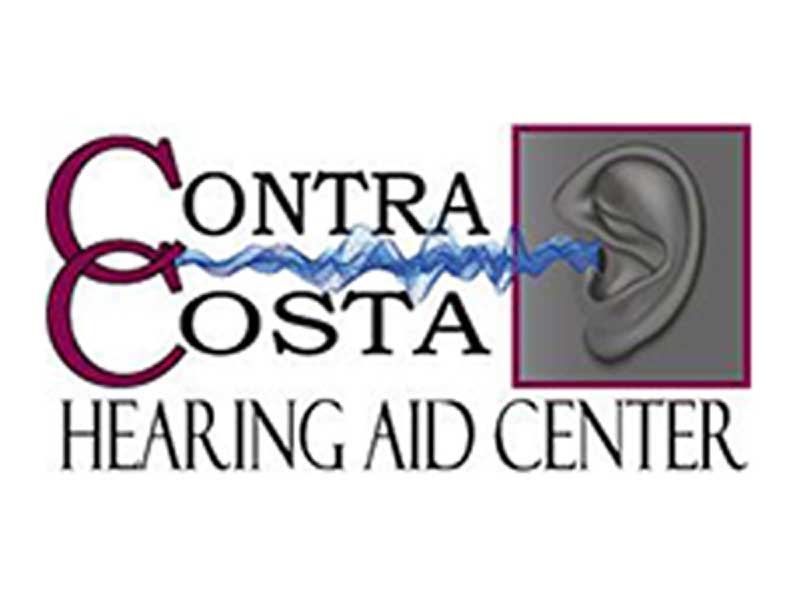Do you have hearing difficulties? If yes, do you sometimes find that it seems like work just to understand what the people near you are saying? You are not the only one. The sensation that listening and understanding is taxing work is typical among individuals with hearing impairment – even the ones that use hearing aids.
Unfortunately, the consequences of this sensation may not be restricted to hearing loss; it may also be connected to declines in cognitive function. Hearing loss markedly increases your chance of contracting Alzheimer’s or dementia according to recent studies.
One such study was conducted by the Johns Hopkins School of Medicine on 639 volunteers between the ages of 36 and 90 over a period of 16 years. At the conclusion of the research, scientists found that 58 participants (9 percent) had been identified as suffering from dementia, and that 37 of them (5.8%) had developed Alzheimer’s disease. Moreover, the greater their degree of hearing impairment, the greater was the likelihood of developing dementia; for every 10 decibels of hearing loss, the odds of dementia went up 20%.
In a similar study, surveying 1,984 participants, researchers observed a similar connection between dementia and hearing loss, but they also noted that the hearing-impaired suffered measurable declines in their cognitive functions. When compared with individuals with normal hearing, those with hearing loss developed memory loss 40% faster. A vital, but depressing, conclusion in both studies was that the adverse cognitive effects were not lessen by wearing hearing aids. The link between loss of hearing and loss of cognitive functions is an open area of research, but scientists have proposed a few hypotheses to explain the results seen thus far. One of these explanations relates to the question that started this article, about having to work harder to hear; this has been termed cognitive overload. The cognitive overload theory states that the hearing-impaired person expends so much brain energy working to hear, that the brain is tired and has a reduced capacity to understand and assimilate verbal information. This may bring about social isolation, which has been linked to dementia risk in other research studies. A distinct line of thought, hypothesizes that hearing loss and dementia are not causally related to each other at all. Instead the theory suggests that they are both the result of a third mechanism. This unknown disorder could be vascular, environmental or genetic in nature.
Although the person with hearing impairment probably finds these study results dismaying, there is a good side with useful lessons to be derived from them.If you wear hearing aids, visit your hearing instrument specialist on a regular basis to keep them fitted, tuned, and programmed correctly, so that you are not constantly straining to hear. If you don’t have to work as hard to hear, you have greater cognitive capacity to understand what is being said, and remember it. Also, if the two conditions are linked, early detection of hearing loss may at some point lead to interventions that could prevent dementia.
